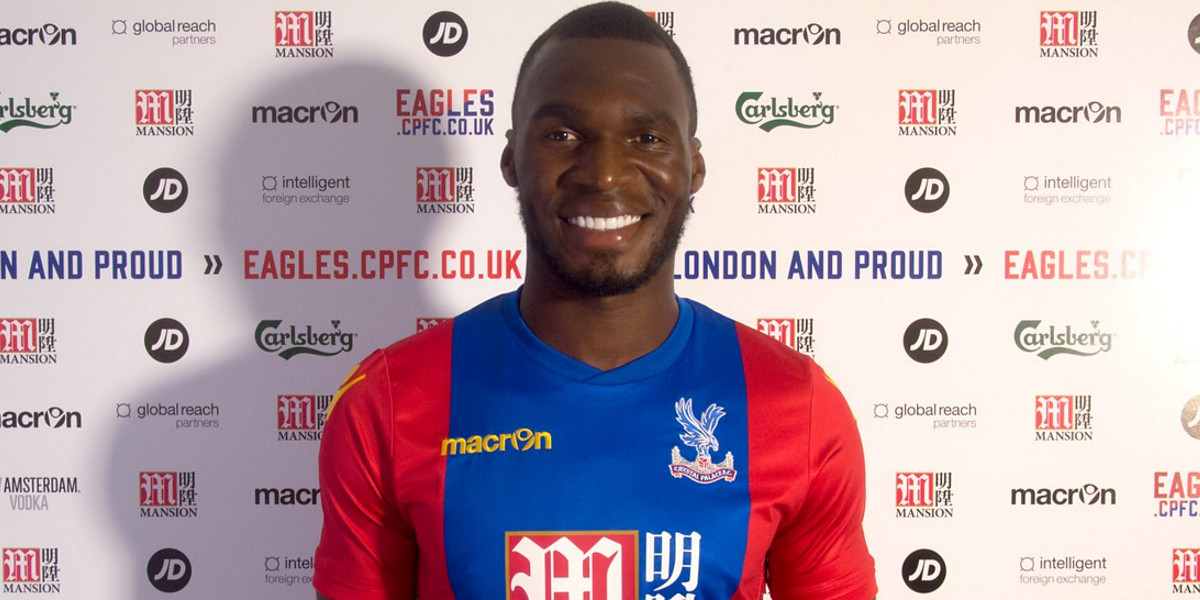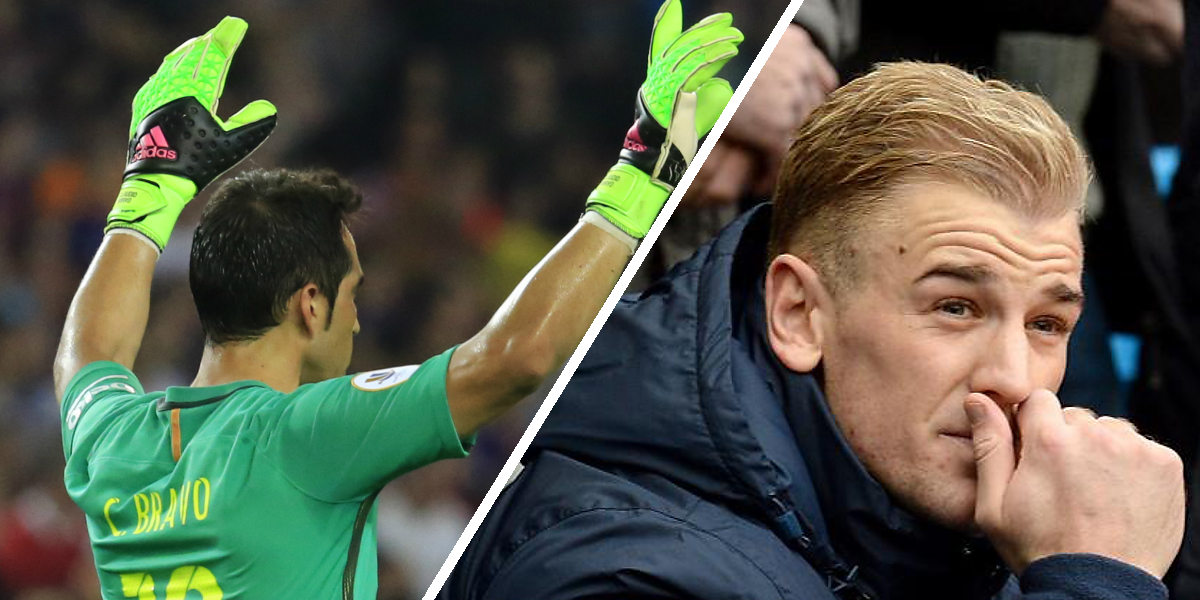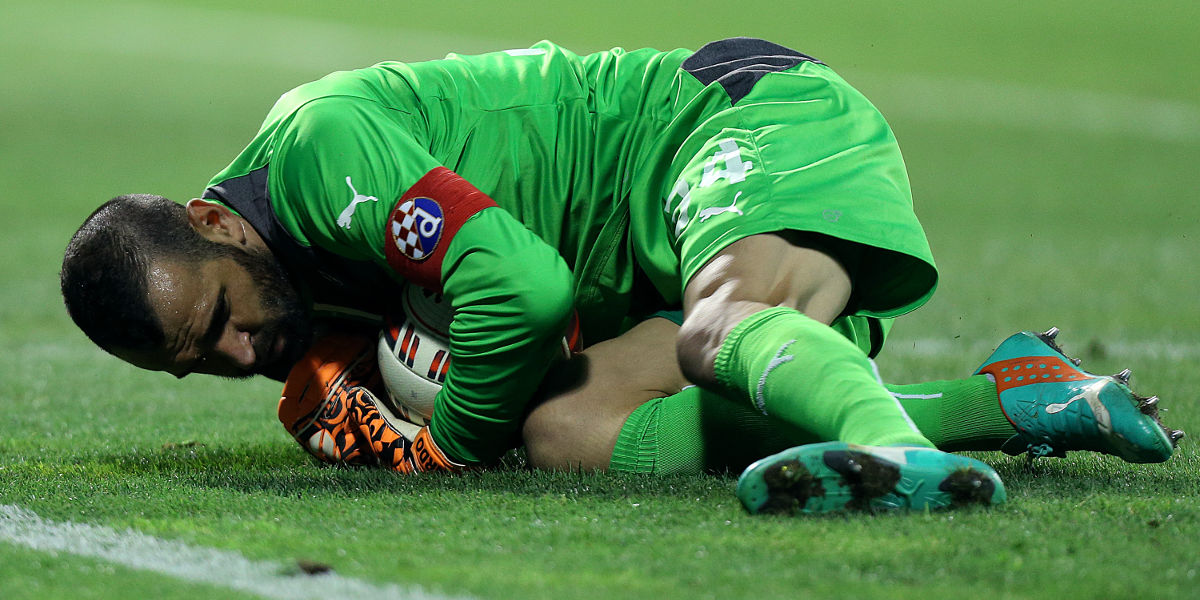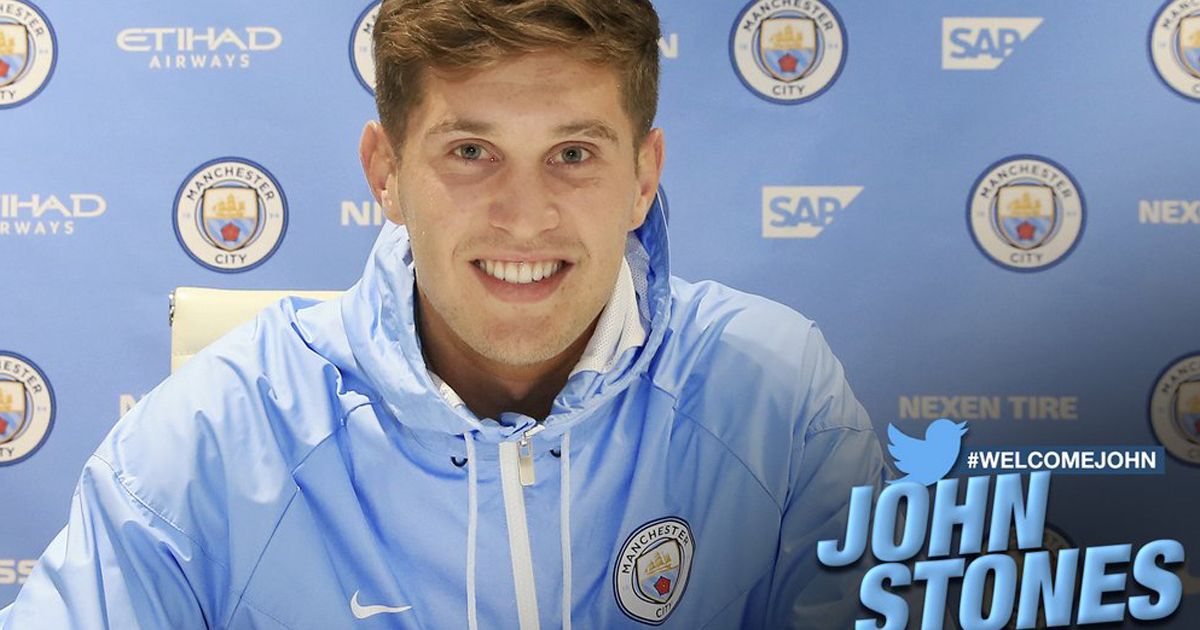By Sid Lowe
Dutch winger keen to show Madrid they were wrong to show him the door with victory in their Champions League clash
What a difference a letter can make. On the day that Real Madrid sold Wesley Sneijder and Arjen Robben, the front page of the Spanish sports newspaper Marca ran the headline: “Bienvendidos!” That’s bienvendidos, not bienvenidos: well sold, not welcome. Good riddance, in other words. Never mind that Bayern Munich had paid €25m for Robben, 11 million less than Madrid had shelled out just two summers before – they were glad to see the back of him.
As Robben admitted, he did not want to go. Madrid had forced him to the door. They had threatened to leave him unregistered, rotting in the stands in a World Cup year, if he didn’t move on. Ultimately, he had no choice.
The reason was simple and it was nothing to do with Robben playing badly for the club he will face on Tuesday in the first leg of their Champions League semi-final. Quite the opposite. In fact, one columnist had even claimed he was better than Leo Messi and, although that was patently absurd, he had started to play rather well.
Barcelona had just taken the league back as part of a treble in Pep Guardiola’s first season, but Robben had scored in the title-clinching game the season before, 2007-08, and had become Madrid’s outstanding creative player in 2008-09.
The coach did not want to lose him or Sneijder. Manuel Pellegrini admitted that he had been planning the 2009-10 season with both of them in mind.
But the Dutchman had a problem: he was the president’s man. The wrong president’s man. Robben would be forever associated with Ramón Calderón, who had been forced out of the presidency after a voting scandal at the members’ assembly. He had been a director under Florentino Pérez, now they were enemies. Pérez returned to the presidency and sought a new era, and to wipe out the memory of Calderón. That meant getting rid of Robben.
Although the Dutchman had largely played well, they had been two difficult years for Robben. When Calderón ran for the presidency of Madrid, he promised three big-name signings: Cesc Fábregas, Kaká and Robben. The Chelsea winger was the only one to turn up and even he came a year too late. He was also the least attractive of them. On the day he was presented, he was injured and many of the 3,000 fans that came to the Bernabéu for his presentation chanted: “Where is Kaká?” Soon they would be chanting “Where is Robben?” He had insisted his task was to prove he was not “made of glass”, but the injuries followed. When he led Madrid to a win against Valladolid in February 2008, it was only his fourth complete game.
He had become pitied and ridiculed, the Robert Prosinecki, victim of so many setbacks that one car advert gigglingly presented a “Prosinecki doll” complete with limbs that fell off. A byword for injury and wasted money. That night, Robben played brilliantly, exorcising his ghosts. “This is a new start; my problems are behind me now.”
Physically, perhaps. But his political ones were not. Success created resentment as well as joy. Not least because it was the other president’s success – and when Pérez returned to power, Robben was a marked man. Madrid sold him in the summer of 2009. Well sold, said the paper that did the president’s bidding.
Well sold? Madrid won nothing; Robben, meanwhile, won the league and cup double. There was a World Cup final, too. He had, though, missed out on the perfect vindication, which Sneijder did enjoy, when his Bayern Munich side were defeated in the Champions League final at the Bernabéu. Playing superbly, averaging a goal every 122 minutes, there is now another chance to prove a point.























